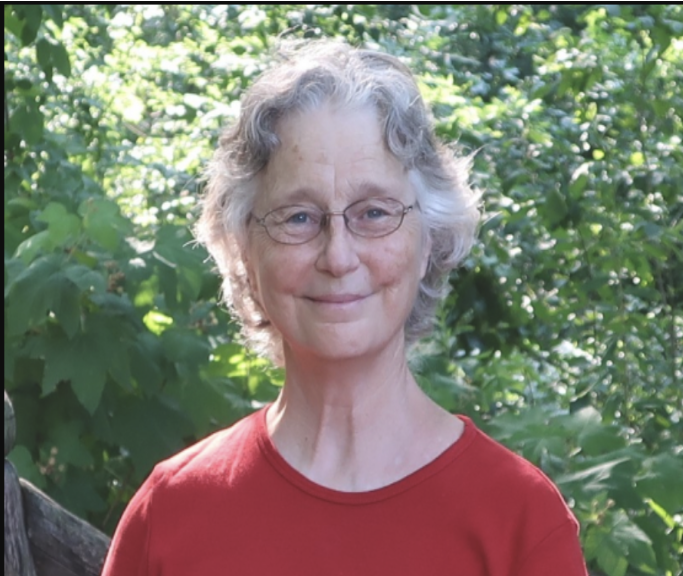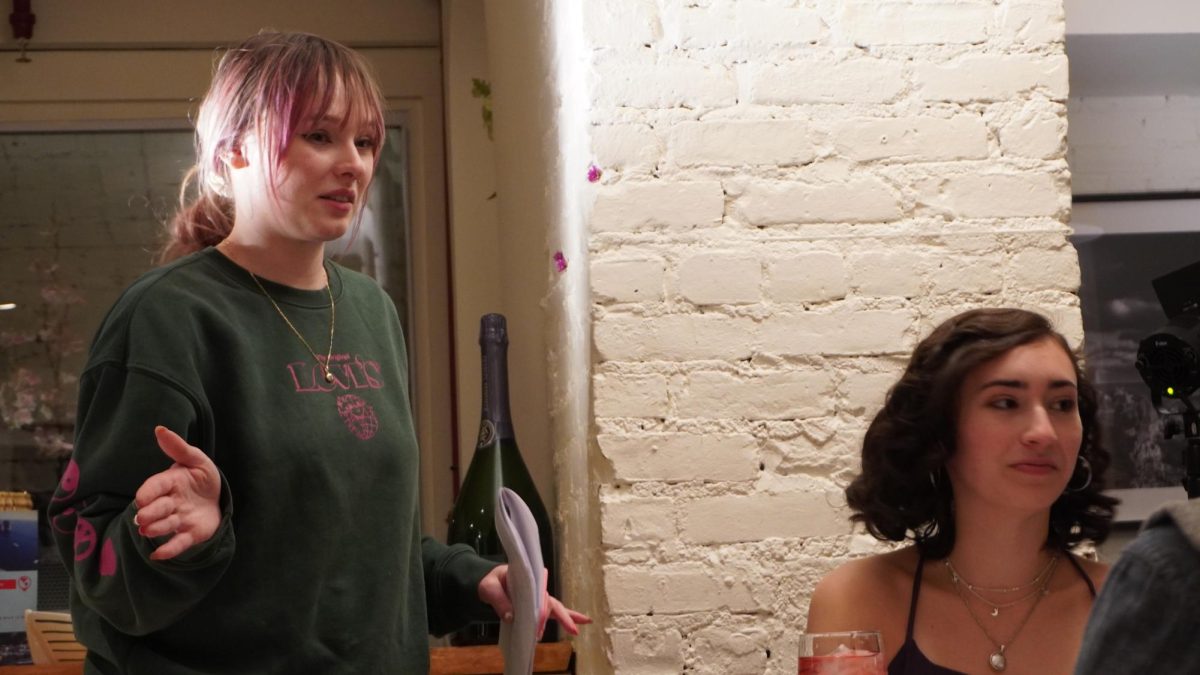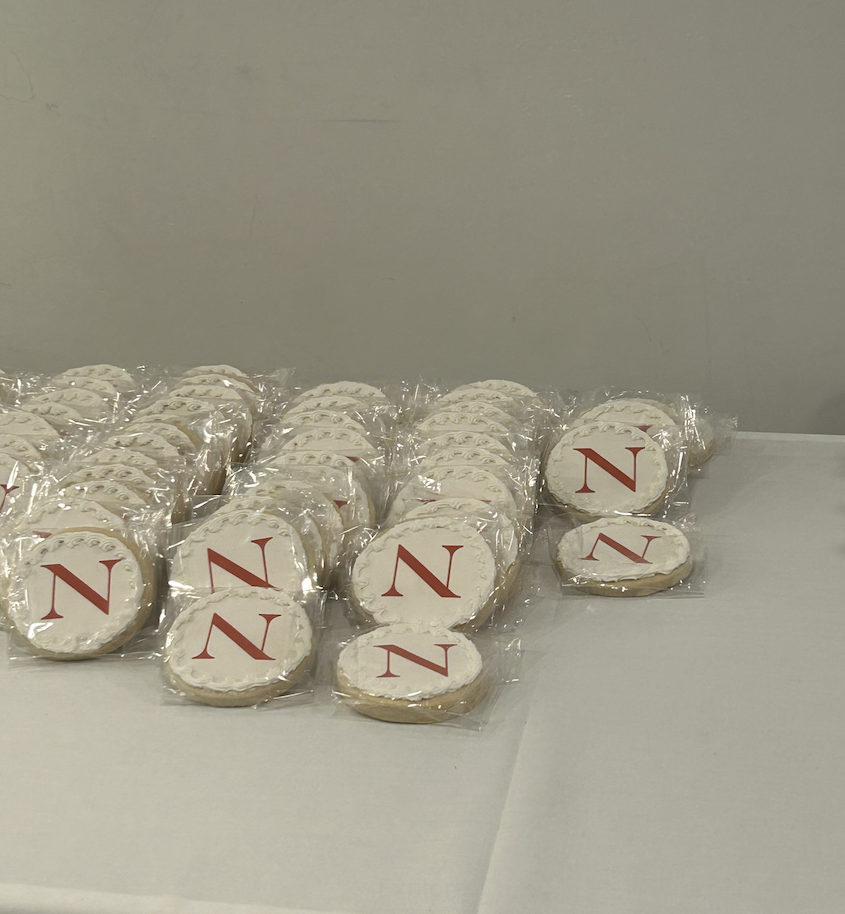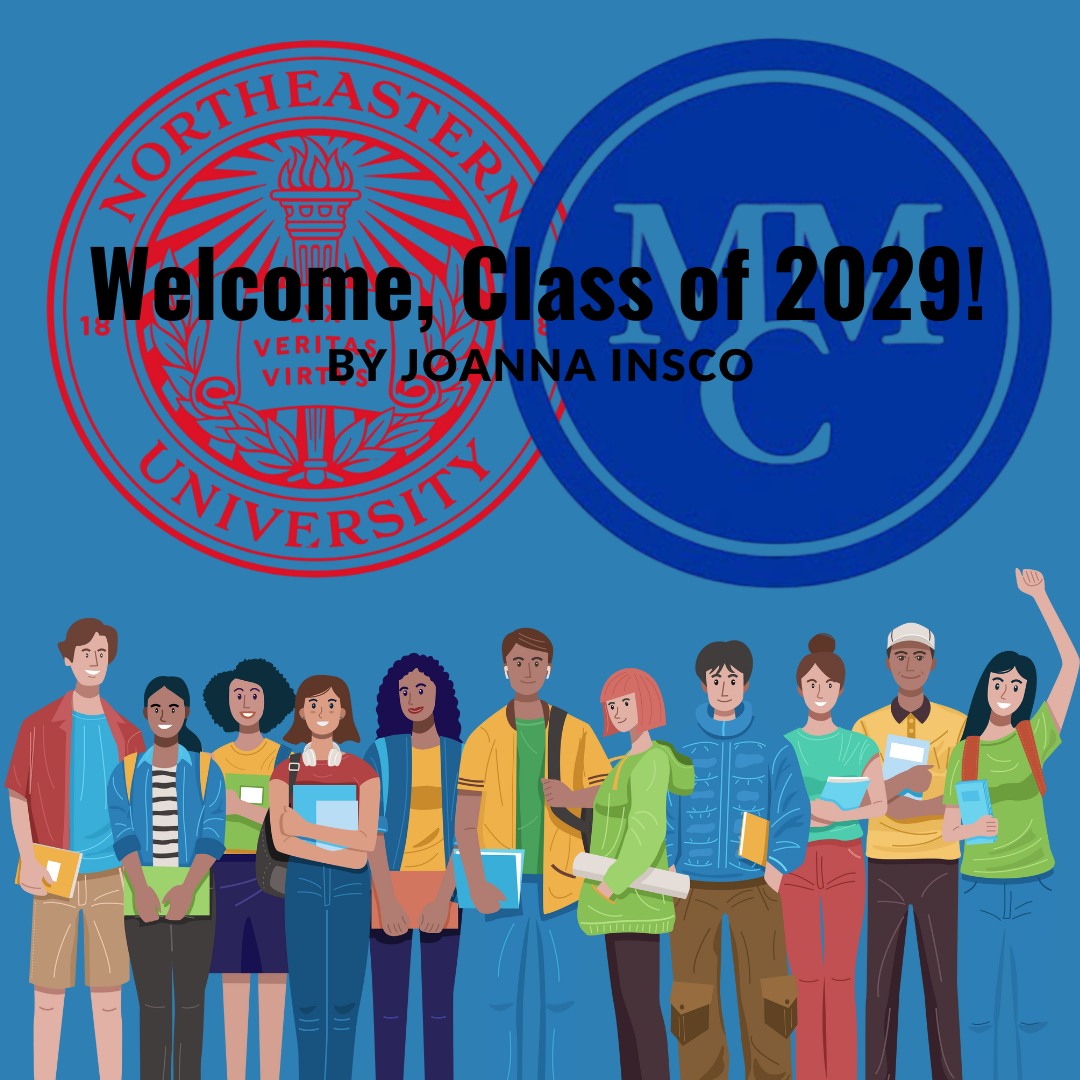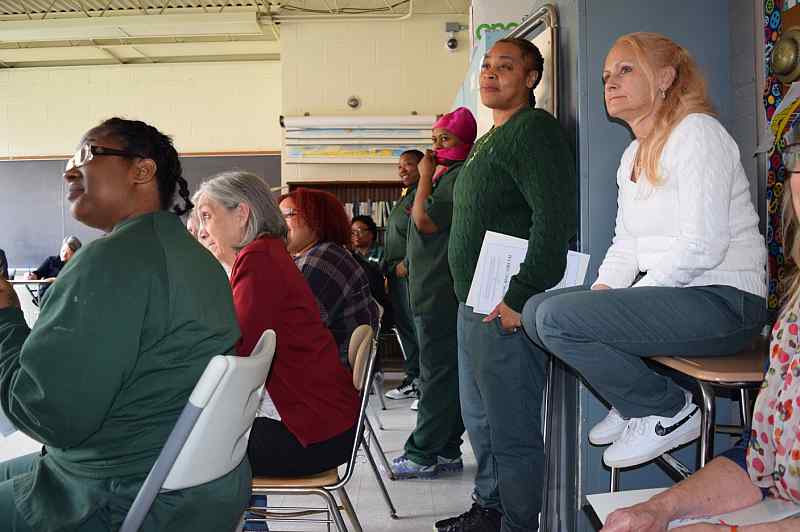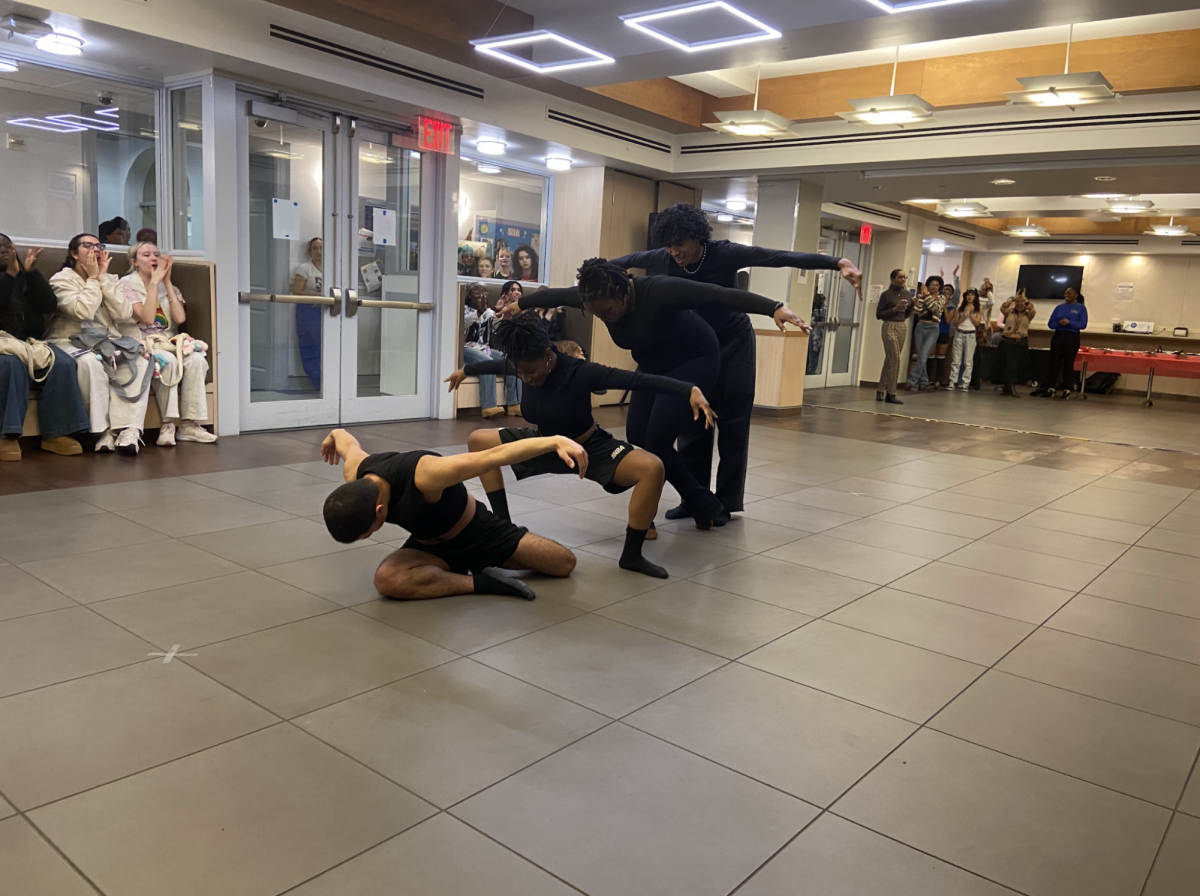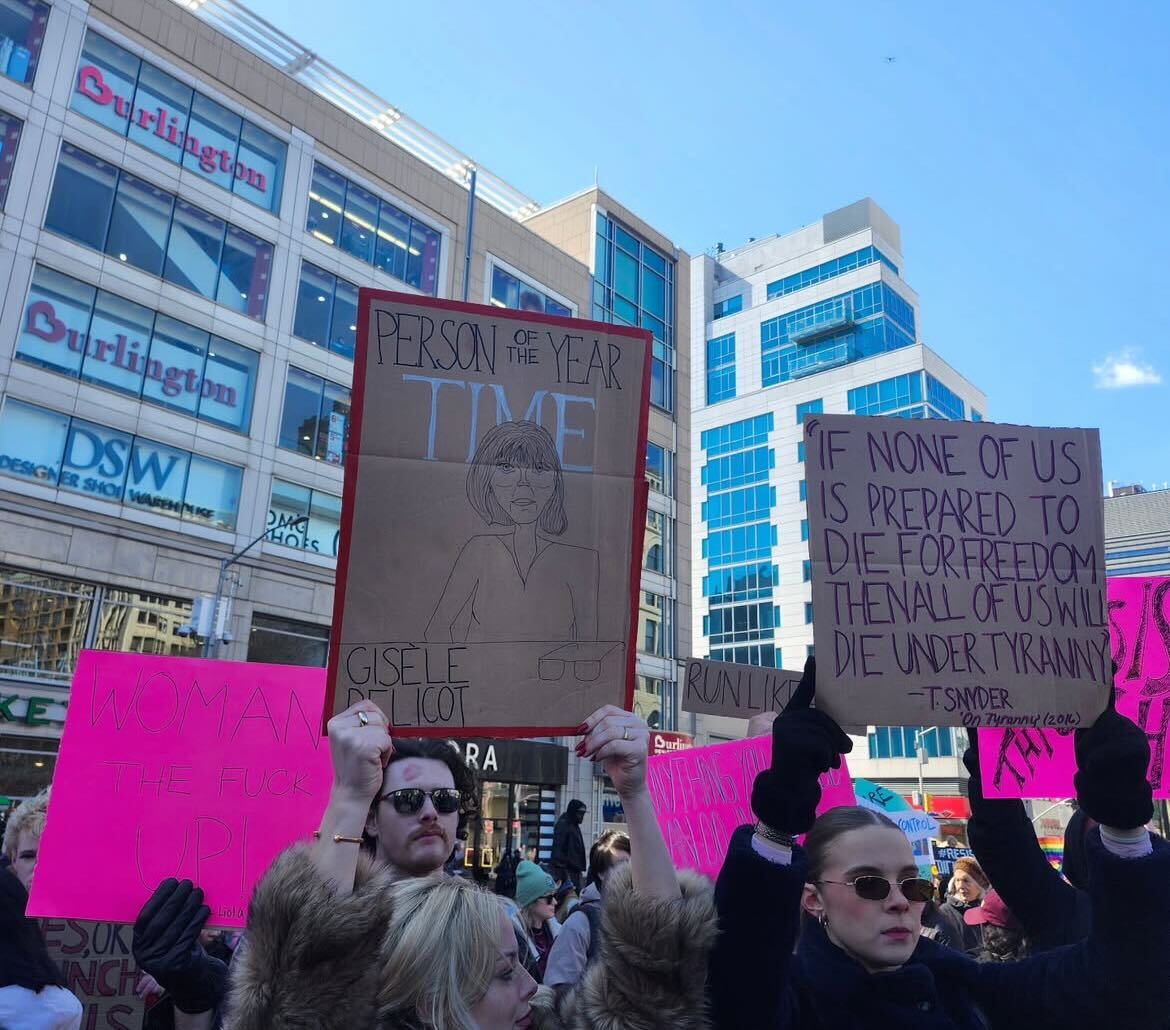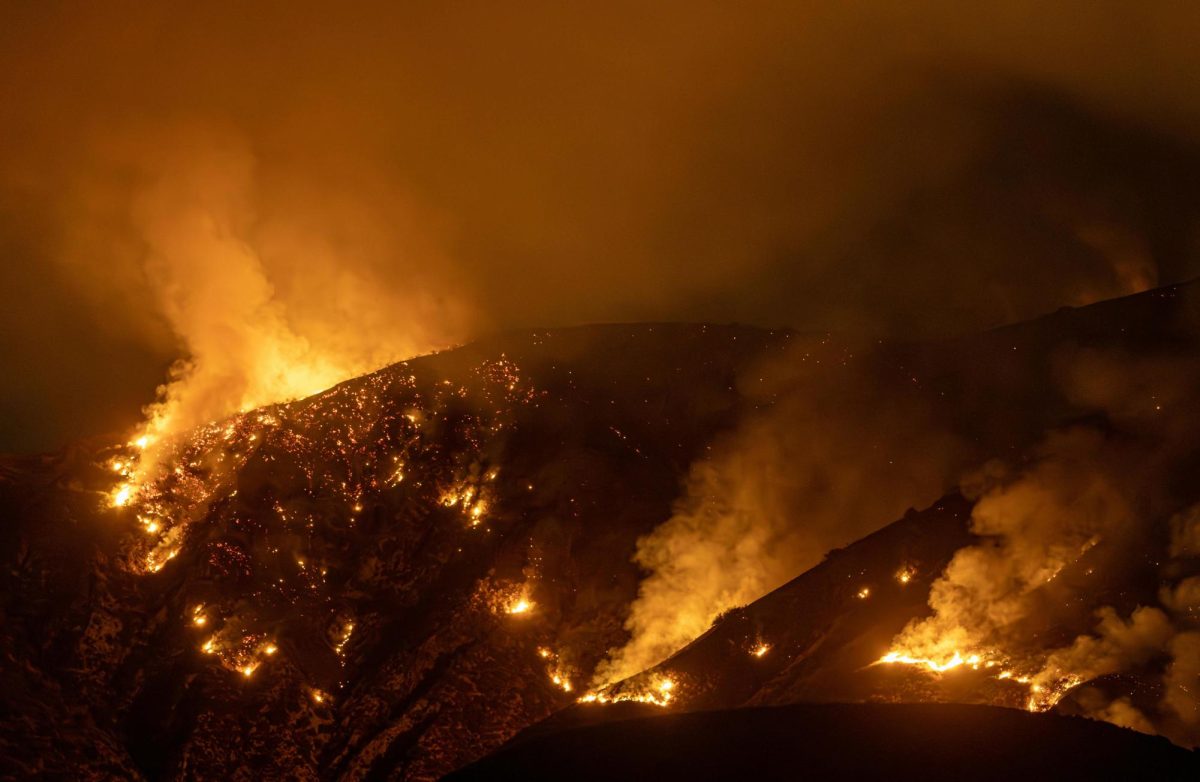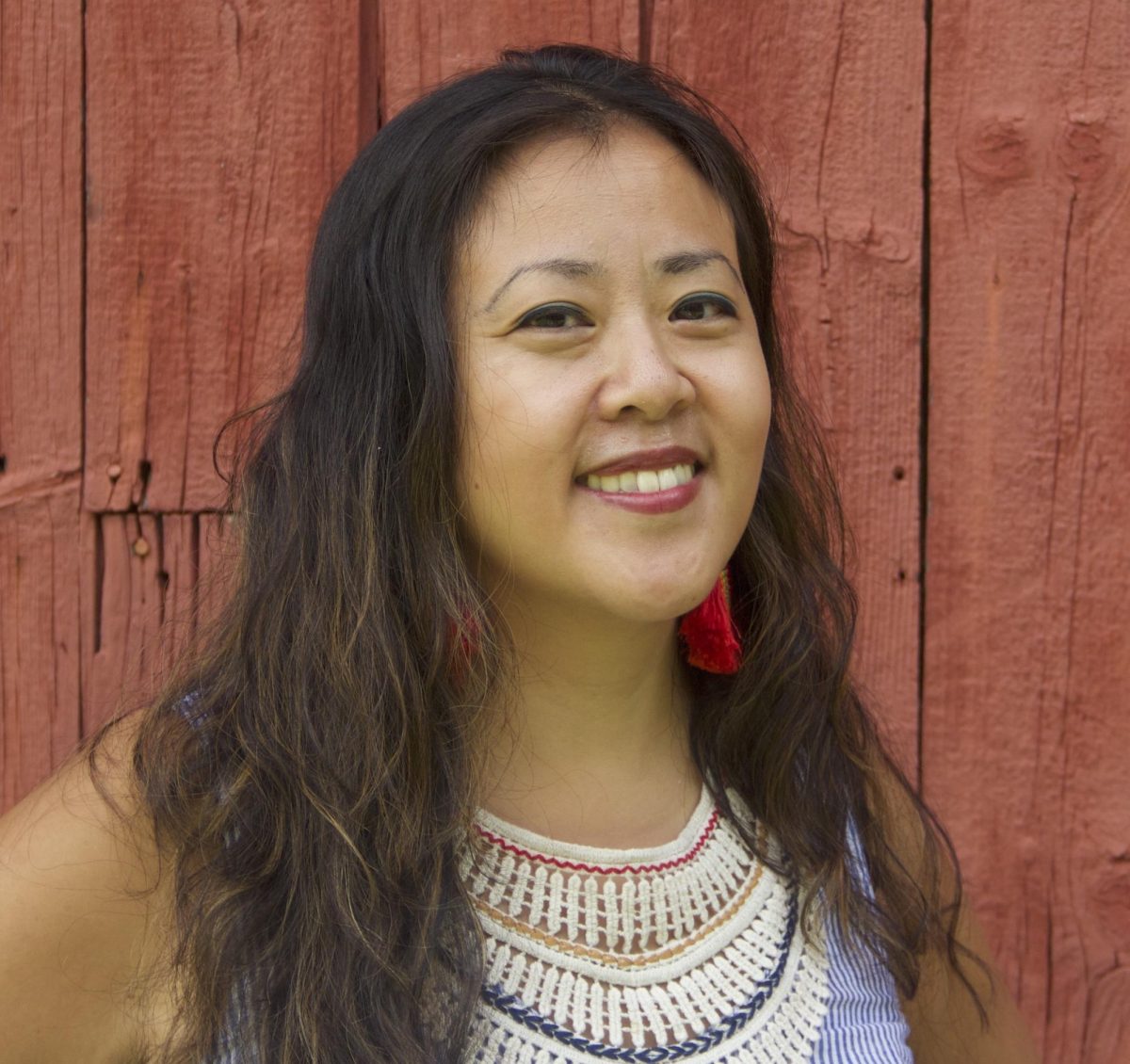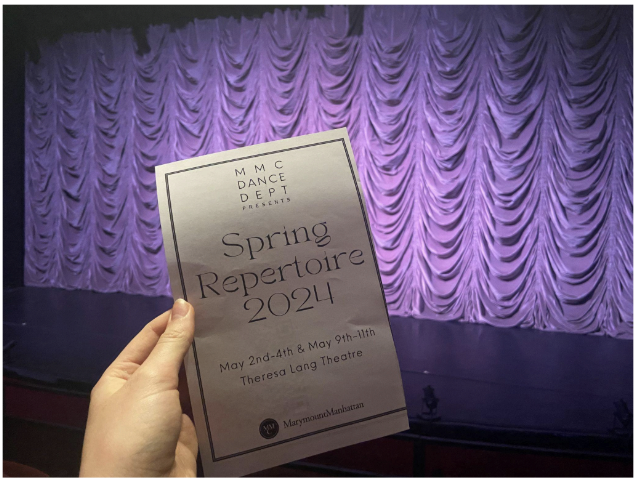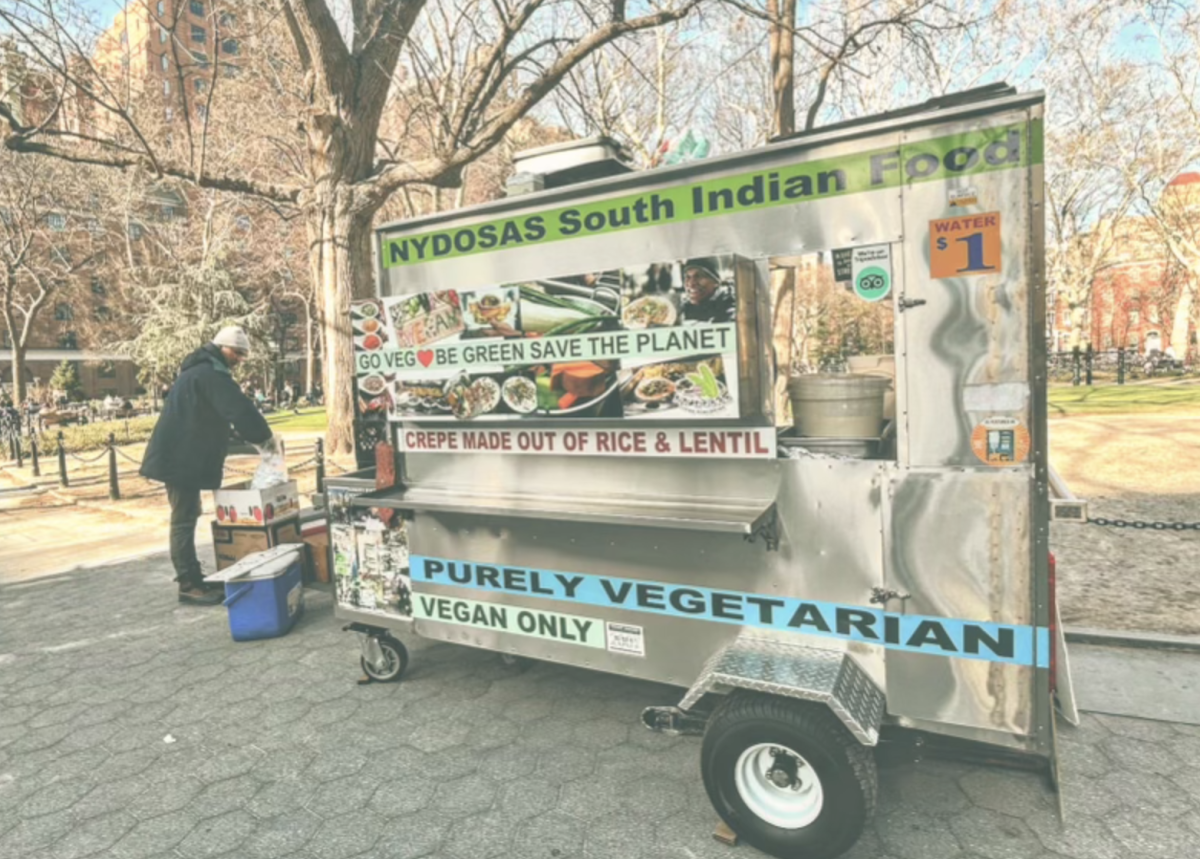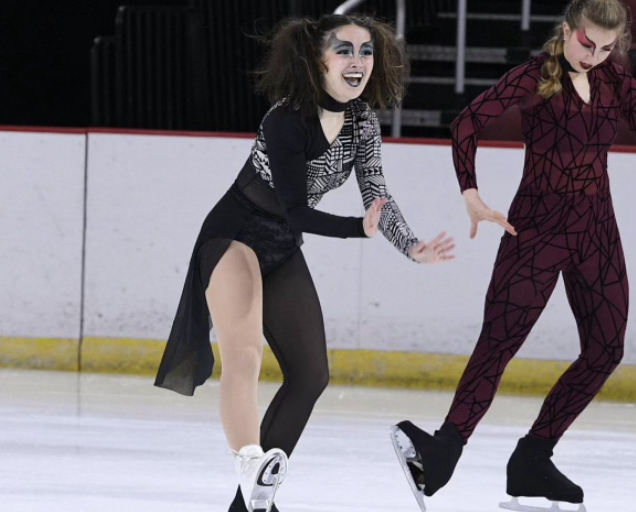On a rainy afternoon, a petite wise woman climbed up the stairs in a sprint carrying a box of papers to the archive room of the library. Mary Brown, 66, is an archivist and professor at Marymount Manhattan College. She opened the door to the archive room for the interview and said while struggling to catch her breath, “Hello there.”
Brown is mostly preoccupied behind the shelves of the labeled boxes, where she can be seen reading and organizing a fresh pile of papers to go into the next labeled box from the glass wall of the archive room. Brown was born in 1957 in Boston, where she grew up until she was 10. She began working in the library during high school back when librarianship was dominated by women and it wasn’t much of a career option. Brown hadn’t really planned out her career however after pursuing her undergraduate in history at the University of Virginia, she says, “Everything kinda fell into place”.
It had just been five years since the University of Virginia began admitting women, when Brown joined college. She was influenced by the contributions of strong women like Helen Keller, Margaret Fuller and Abigail Adams in women’s history. The Danforth Scholarship supported Brown by funding her graduate studies at Columbia University. The fellowship was funded by the family behind the pet food company Purina Co. While Brown was teaching US History at the PACE University, she had a student who was a refugee from the collapsed Soviet Union. While refugees in the U.S. are entitled to various privileges, Brown accompanied the student’s family on a grocery shopping day when their sponsor couldn’t make it.
In the supermarket, the family, unfamiliar with American lifestyle, was surprised to see an aisle of orange boxes with pictures of canary birds. They mistakenly thought that Americans ate canaries. They later realized that these boxes held pet food with cat and dog pictures, a concept entirely foreign to them due to the lack of a pet food industry in the Soviet Union. And Brown says that “I didn’t have the heart to tell them that I went to a graduate school from the scholarship sponsored by a family that runs a pet food company.”
Brown first joined the Centre for Migration Studies (CMS) in 1979 as a part of her dissertation project on the intersection of Italian immigration and New York City Catholicism. And then continued working at (CMS) as a researcher and then by the late 90’s as an archivist. Brown also began teaching women’s history at MMC and then at PACE while she was in the graduate school at Columbia University. Brown says “At that time, archiving wasn’t a usual career path but it has now become increasingly common”.
Reflecting on her works as an archivist at the Centre for Migration Studies, Brown says “During the 1980 Irpinia earthquake in Italy, there were many survivors who neither had relatives in the US nor did they meet the refugee criteria to qualify for a visa and ended up getting stranded in the middle of a land of rubble. Several efforts were made by the New York City Catholics and The American Committee on Italian Migration (ACIM) to seek legislative accommodation for natural disaster survivors, which ended up getting passed and successfully addressing the immigration issues of the Irpinia earthquake.”
The rise in Climate change has resulted in a phenomenon called the great displacement; the movement of people due to the destruction of extreme climate change events like flooding, tsunamis, drought, and wildfires. Ms. Brown thinks that “From the preserved paper trail of the CMS archives, the breakthrough of the immigration crisis due to the Irpinia earthquake in Italy could be set as a model to address future natural disaster-oriented immigration situations.”
Ms. Brown is currently writing a book about the Scalabrini Fathers, an order of priests who caters to migrants and refugees in many parts of the world, and their work in the United States in the Twentieth century. Ms. Brown says that “It’s funny that I’ve not really thought about me being remembered because the archival boxes will always be there because I was there, so they don’t have to remember me.”

